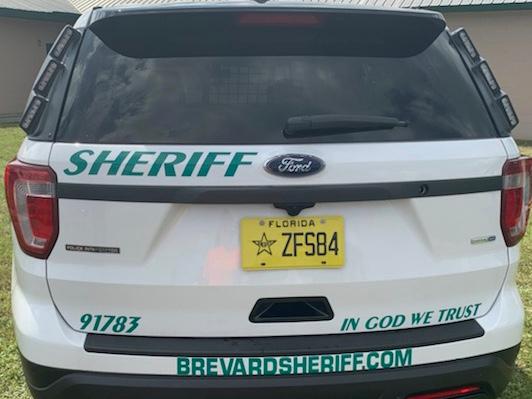A Florida sheriff said on Nov. 7 there’s “a better chance of me waking up thin tomorrow morning” than of him removing the national motto—“In God We Trust”—from his department’s vehicles.
“They have a better chance of me waking up thin tomorrow morning than they do of me taking that motto off our cars,” Brevard County, Florida, Sheriff Wayne Ivey told The Epoch Times.





